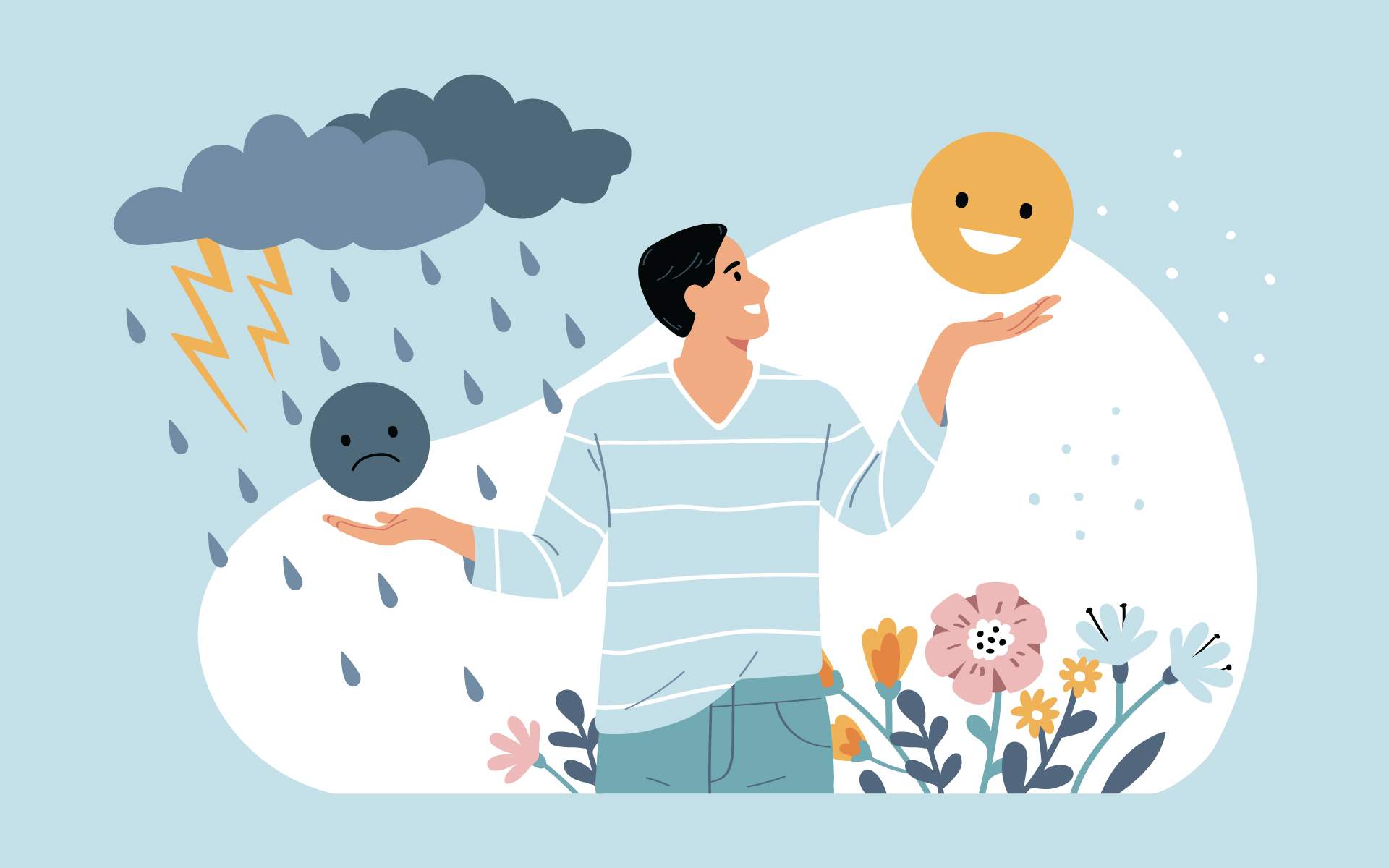A new study reveals how mindfulness practice can change decision-making for the better.
The study, conducted by the Virginia Tech Carilion Research Institute, found that people who meditate regularly use different parts of their brains in the decision-making process.
A total of 66 people participated in the study. Those who regularly practiced meditation (26 people) were assigned to the test group. The remaining 40 participants were allocated to the control group.
All participants played the same "ultimatum game." This is a game that has been used in a number of other studies. The game involves a two-person exchange in which a "proposer" offers to split $20 with a "responder." The responder may accept or reject the offer. If the offer is accepted, each participant gets their respective sum of the proposed offer, however if the offer is rejected by the responder they both get nothing. Proposals are delivered to the responder via a bar graph on a computer screen that displays how the proposer has allocated the money. The responder may choose to accept or reject the offer.
According to the Virginia Tech study:
Prior to the experiment participants were told that the offers presented in the human rounds had been made by proposers in a previous experiment, i.e., that the offers were real, and that proposers would be paid according to the decision made by the participants. It was made explicit to participants that they would play a different person on each round. At the end of the experiment, participants were paid according to the decisions they made on one randomly selected round. In addition participants were paid a flat fee of $20 (to cover parking expenses and compensation for completing paperwork). Participants were informed about this payment method prior to the experiment.
As participants were struggling to make their decisions, researchers were keeping tabs on each individual's neural activation pattern through the use of an investigations technique called functional Magnetic Resonance Imaging (fMRI).
This way, researchers were able to see the parts of the brain meditators used to make their decision. The control group relied heavily on the anterior insula, the part of the brain linked to emotional disgust. The meditators however showed no significant activity in the anterior insula.
According to research, only about one-fourth of people would accept the money. In fact, people will even turn down any reward rather than accept an 'unfair' share. Unless they are meditators, in which case—fair or not—more than half will take what is offered
The research suggests that meditators are able to react rationally rather than emotionally when faced with an unfair situation. The meditators had trained their brains to function differently and make better choices in certain situations.
The study found "meditators instead draw upon areas involved in interoception and attention to the present moment. This study suggests that the trick may lie not in rational calculation, but in steering away from what-if scenarios, and concentrating on the interoceptive qualities that accompany any reward, no matter how small."
Read more about the study here.








